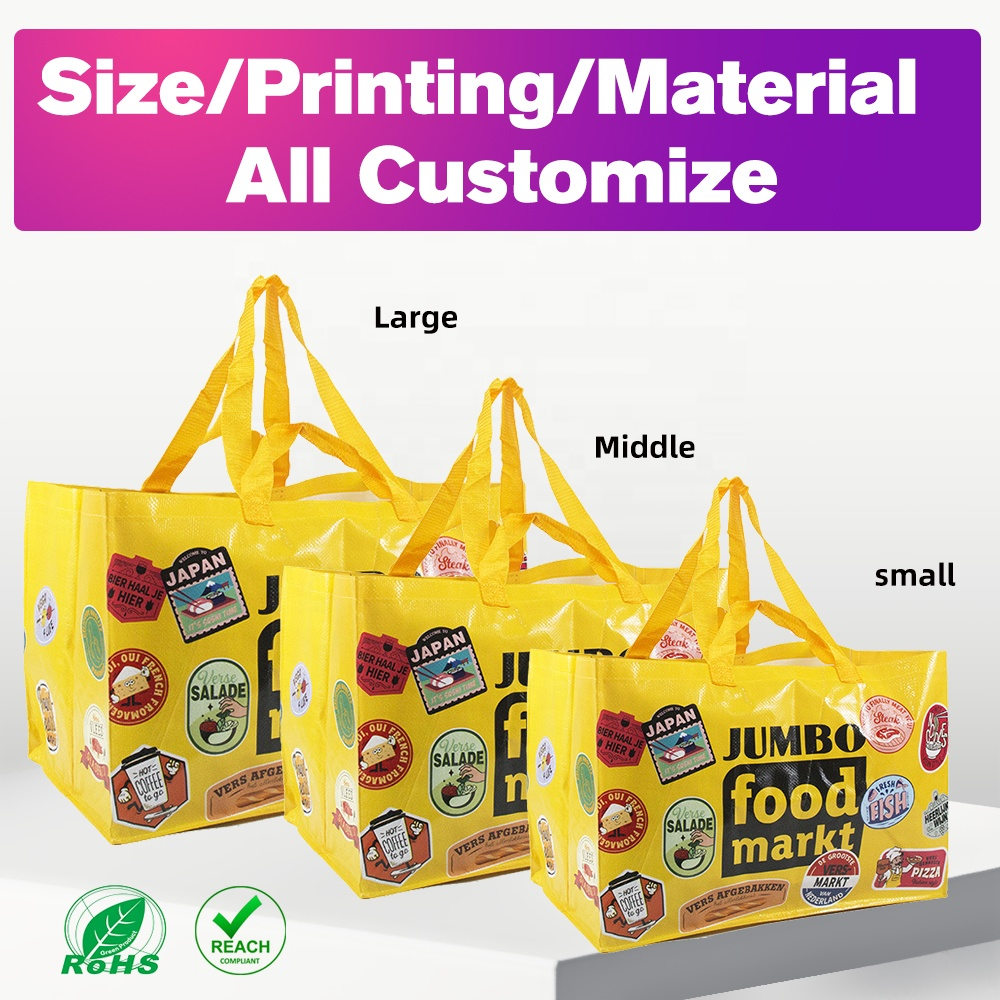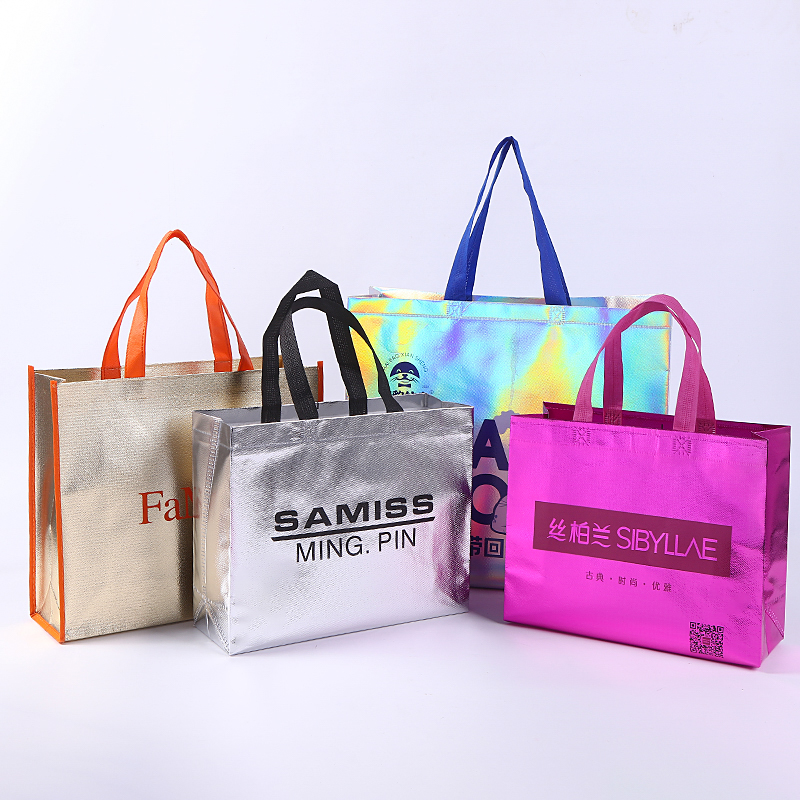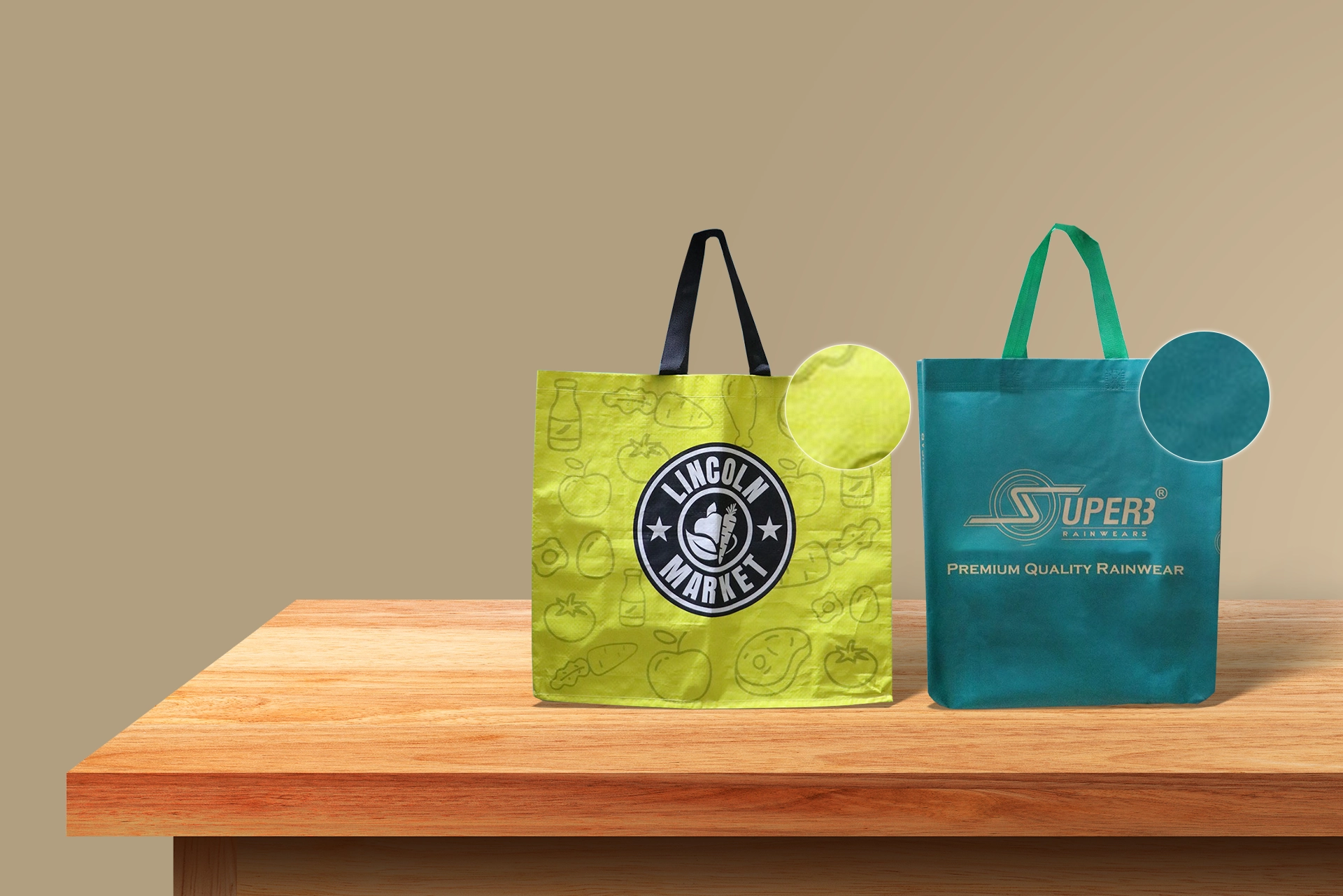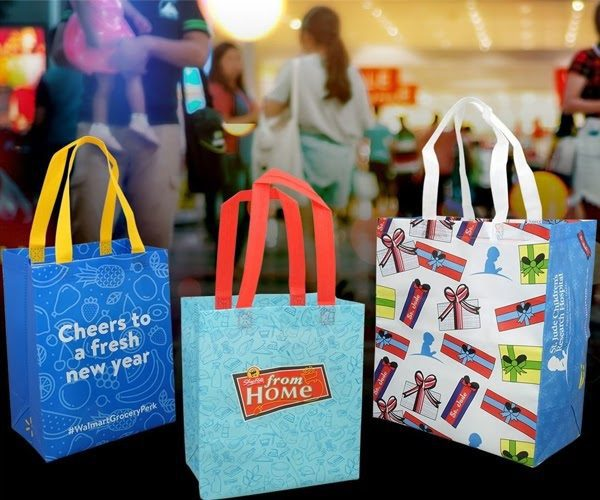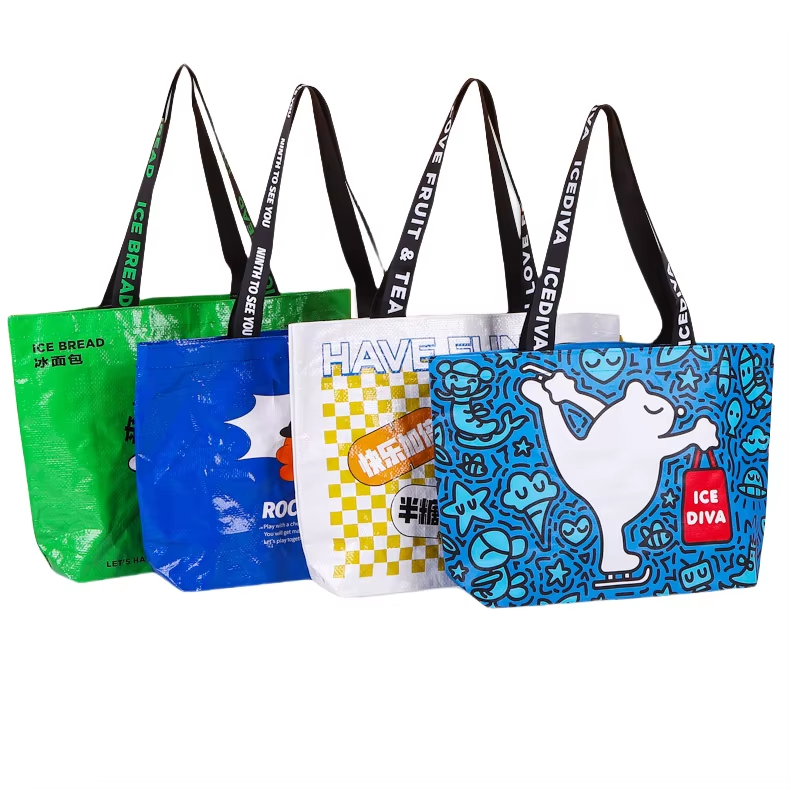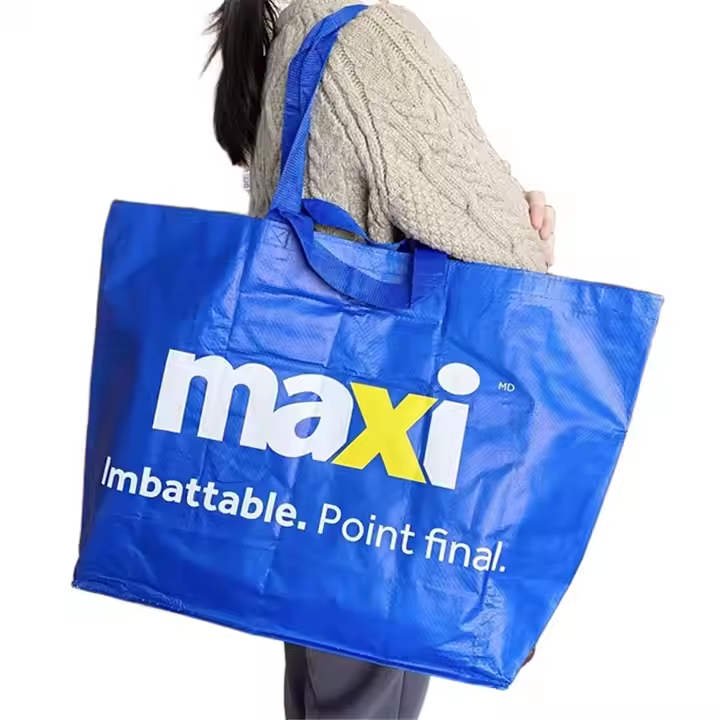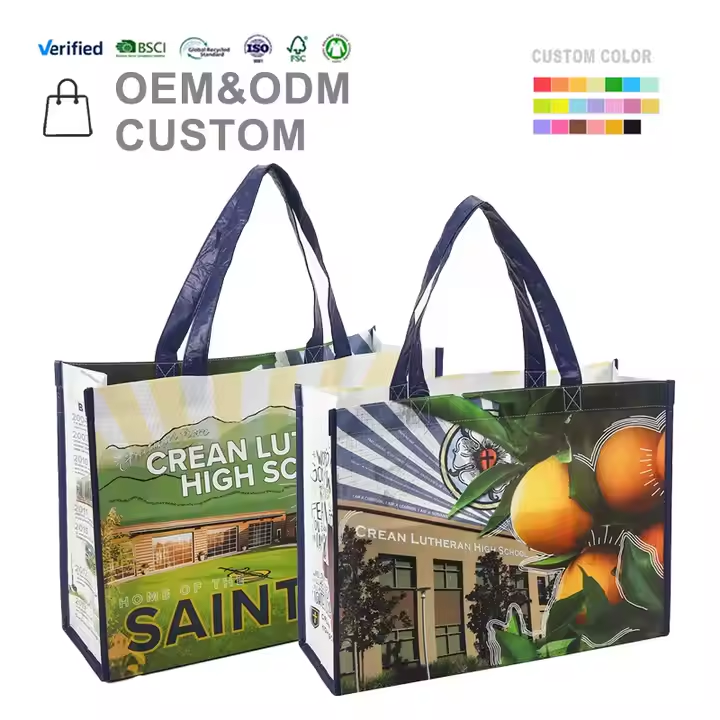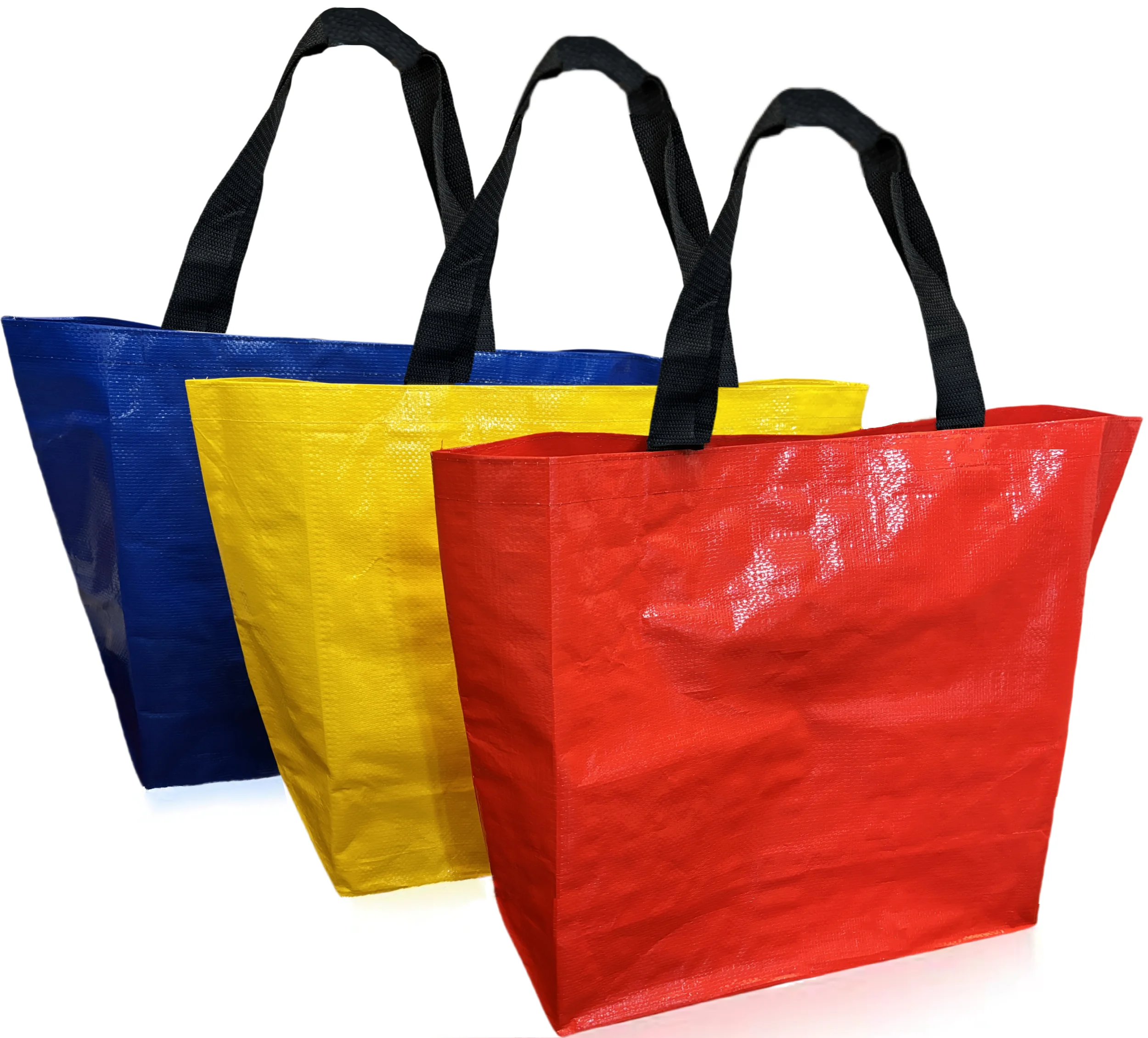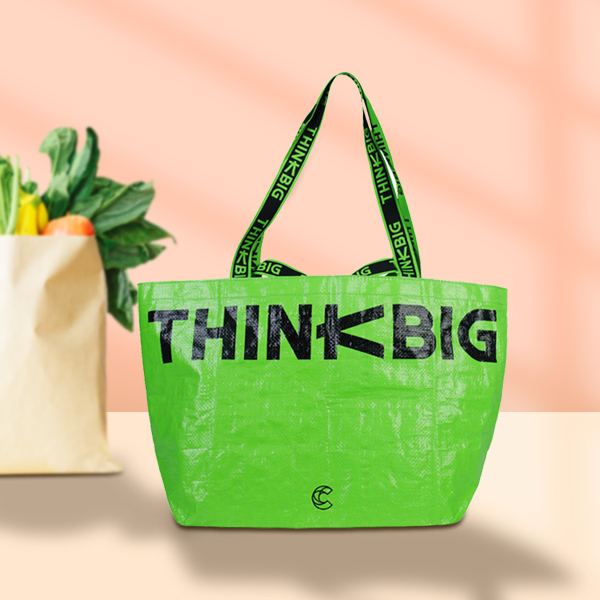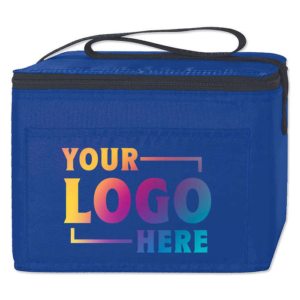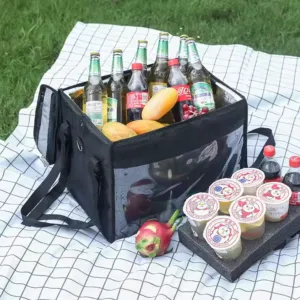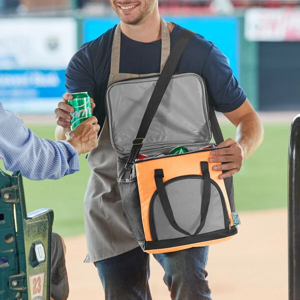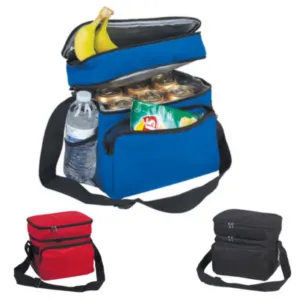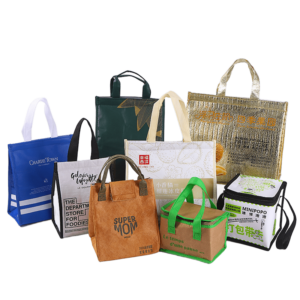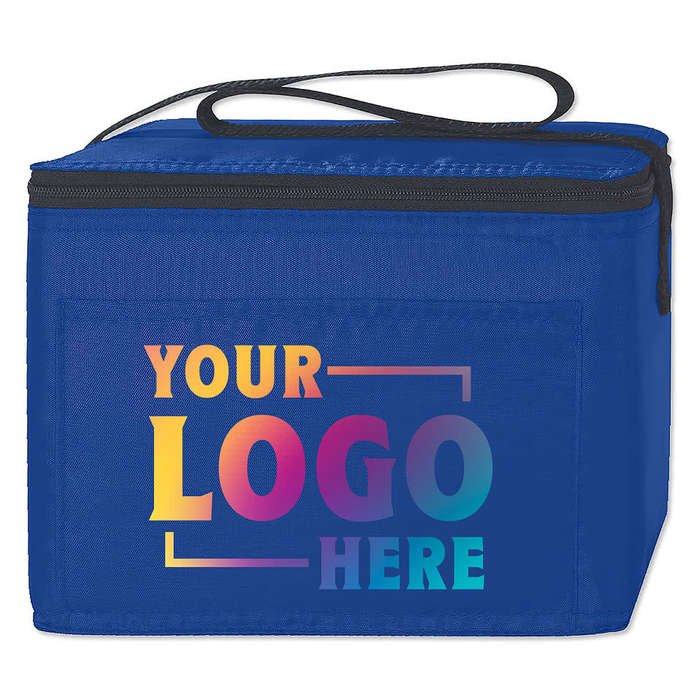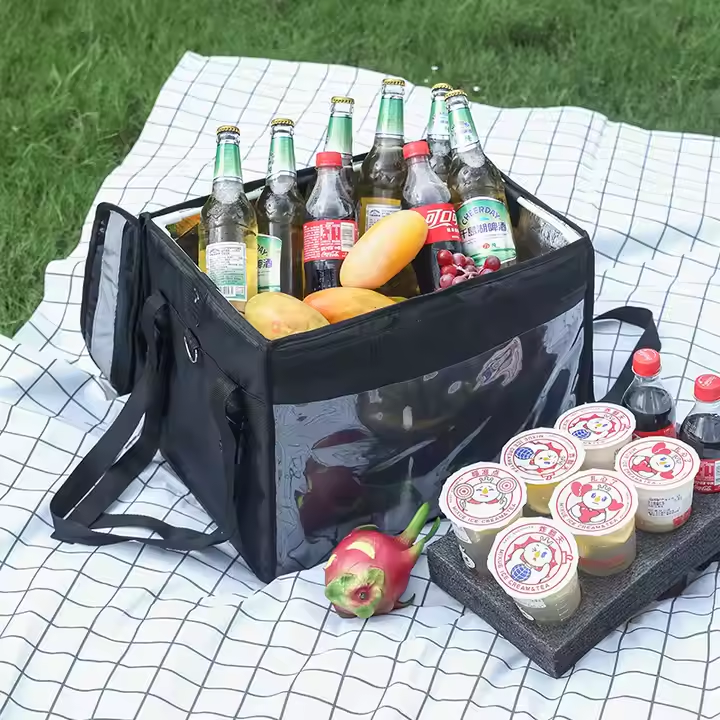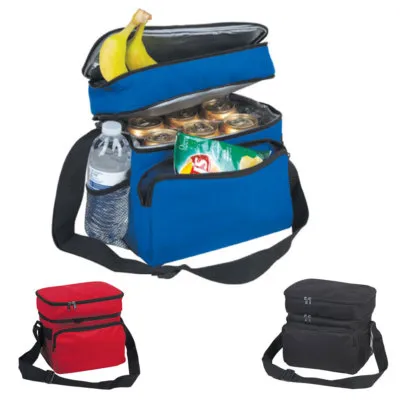Premium bag factories offer more than basic manufacturing—they support brand building, product innovation, and fulfillment efficiency. These value-added services help brands differentiate and deliver high-quality products to market faster.
Premium bag manufacturers provide design, branding, material sourcing[^1], packaging, logistics, and quality control[^2] services to help clients produce customized, high-quality bags.
Premium factories help clients do more than just make bags. These services add value at every step from concept to consumer.
Custom Design and Prototyping Support
Factories offer design development and prototyping to transform brand ideas into manufacturable products.
How Design Services Help Brands
Designing a functional and stylish bag is not easy. Premium factories often have in-house designers who translate rough sketches into detailed CAD files or mockups. They also develop physical prototypes for testing materials, shapes, and dimensions before bulk production begins.
This service is especially helpful for startups or e-commerce brands with limited design experience. It ensures the final product is both visually appealing and manufacturable, reducing errors and redesigns.
Design Service Breakdown
| Service Type | Benefit | Who Needs It |
|---|---|---|
| Concept refinement | Improves initial ideas | New brands |
| CAD drawings | Precise dimensions for production | Technical teams |
| Prototype sampling | Tests design in real materials | Product development managers |
Private Labeling and Branding
Adding custom logos, hardware, and labels enhances brand visibility and uniqueness.
Branding Builds Product Identity
Private labeling turns a generic product into a brand asset. Premium factories offer various branding options[^3] like screen printing, embroidery, custom zipper pulls, metal logo plates, hang tags, and sewn-in brand labels.
Branding can be integrated into nearly every part of the bag, from the interior lining to exterior trims. These elements boost perceived value and improve customer recognition, especially in competitive retail markets.
Private Label Options
| Branding Element | Technique | Application Area |
|---|---|---|
| Screen printing | Silkscreen | Outside panels |
| Embroidery | Thread stitching | Pockets, labels |
| Metal hardware logos | Molded components | Zippers, handles |
| Custom tags | Printed paper or woven | Inside bag or strap area |
Premium Material Sourcing and Customization
Factories provide access to eco-friendly, luxury, and customized materials to align with brand positioning.
Material Choices Reflect Brand Values
High-end bag factories often have relationships with specialty material suppliers. This includes sourcing premium fabrics like organic cotton, vegan leather, or GRS-certified recycled materials. Some even offer exclusive material blends or custom textures for clients.
Buyers can specify weight, finish, color, or coating. For example, a brand might request laminated canvas with waterproof backing or matte-finish synthetic leather with UV resistance.
Material Options Reference Table
| Material Type | Sustainability | Premium Appeal |
|---|---|---|
| Full-grain leather | Low | Very High |
| Vegan leather | Medium | High |
| Organic cotton | High | Medium |
| RPET fabric | High | Medium |
| Nylon with PU backing | Low | High |
Flexible Minimum Order Quantities (MOQs) and Small Batch Production
Lower MOQs allow brands to launch small collections without high upfront costs.
Supporting Small and Mid-Sized Brands
Not all factories demand bulk orders. Premium manufacturers often support smaller quantities—sometimes 50 to 100 units per style. This flexibility helps new brands test markets, respond to trends, and manage inventory more efficiently.
Though lower MOQs might come with slightly higher per-unit pricing, the trade-off is worth it for agile product development.
MOQ Comparison Chart
| Factory Type | MOQ Range | Ideal For |
|---|---|---|
| Mass production | 3,000–10,000 | Large retailers |
| Premium factory | 50–500 | Startups, boutique brands |
| Sampling only | 1–10 | Design validation |
High-Quality Printing and Embroidery Techniques
Factories offer a range of printing and embroidery styles to elevate the look and feel of bags.
Quality Decoration Enhances Appearance
From basic silkscreen prints to advanced sublimation and heat transfer printing, premium factories provide the tools to match design intent with durability. Embroidery adds texture and longevity, making it ideal for logos or decorative elements.
Some factories can layer techniques—like printing under a clear PVC panel for a glossy effect or combining embroidery with metal studs for a luxury look.
Technique Overview
| Method | Best For | Durability |
|---|---|---|
| Silkscreen printing | Bold flat designs | Medium |
| Sublimation | All-over photo prints | High |
| Heat transfer | Multi-color small runs | Medium |
| Embroidery | Logos and emblems | High |
Personalized Packaging and Labeling
Custom packaging enhances unboxing and supports both retail and e-commerce experiences.
First Impressions Matter
Packaging is often the first physical touchpoint with a brand. Premium factories offer retail-ready and sustainable options including gift boxes, printed polybags, kraft mailers, hang tags, and barcode labeling.
Some brands also choose QR-coded cards, story inserts, or branded tissue paper. These touches create memorable experiences that boost brand loyalty and online reviews.
Packaging Service Options
| Packaging Type | Use Case | Eco-Friendly? |
|---|---|---|
| Polybag with logo print | Bulk or e-commerce | Sometimes |
| Kraft box with insert | Gifting or retail | Yes |
| Woven tag + QR card | Storytelling and reviews | Yes |
Quality Control and Inspection Services
In-house QC teams monitor production and perform checks to ensure every item meets brand standards.
Preventing Defects Before Shipment
Premium factories implement multiple QC checkpoints—during material intake, production, and final packing. This minimizes defects like poor stitching, off-color printing, or wrong sizes.
Some also invite third-party inspectors or share pre-shipment inspection videos with clients. This transparency builds trust and ensures consistency.
QC Process Overview
| Stage | QC Task | Frequency |
|---|---|---|
| Pre-production | Material verification | Each batch |
| Mid-production | Stitching & print check | Per line |
| Final QC | Packing, barcode check | 100% if required |
Warehousing, Fulfillment, and Logistics Support
Advanced factories assist with global shipping, drop shipping, and inventory storage.
Beyond Production—Into Distribution
Some manufacturers support global brands by offering warehousing, order picking, kitting, labeling, and direct-to-consumer (DTC) fulfillment. This is valuable for brands without their own logistics hubs.
They may use bonded warehouses for tax benefits or offer fast shipping options. Some even integrate with Shopify or Amazon FBA systems, allowing smoother e-commerce operations[^4].
Fulfillment Services Table
| Service Offered | Benefit | Ideal For |
|---|---|---|
| Inventory storage | Reduces local warehousing | Overseas brands |
| Order kitting | Custom bundle packing | Subscription box brands |
| Labeling & barcoding | Retail and B2B compliance | Chain stores |
| DTC fulfillment | Fast consumer delivery | E-commerce sellers |
Conclusion
Premium bag factories do more than sew materials together. Their value-added services—from design to delivery—support brands in quality control, visual branding, and operational flexibility. As a supplier, I’ve seen firsthand how these services help clients scale from prototypes to full lines with confidence.
Whether you're a boutique brand or launching a new product line, look for these features when choosing a partner. What services matter most to your business? Share your thoughts below!
---
[^1]: Understand how material sourcing affects product quality and sustainability.
[^2]: Understand the importance of quality control in ensuring product standards.
[^3]: Find out how effective branding options can enhance product visibility.
[^4]: Explore how manufacturers can facilitate smoother e-commerce logistics.
